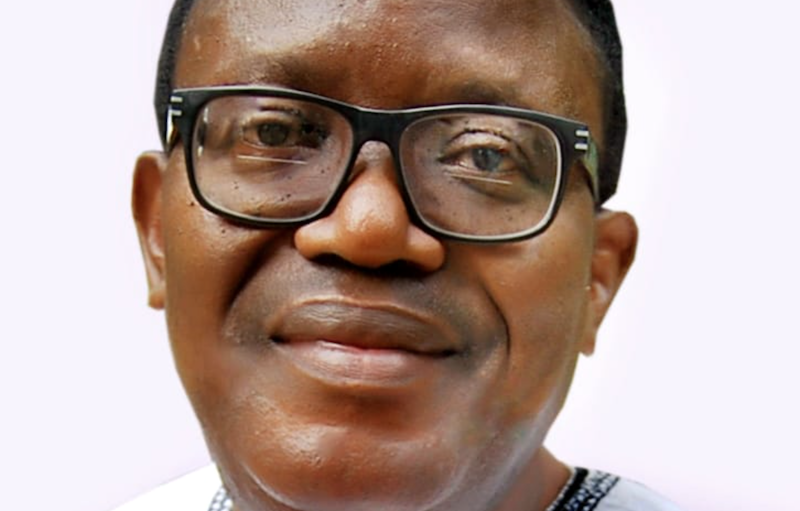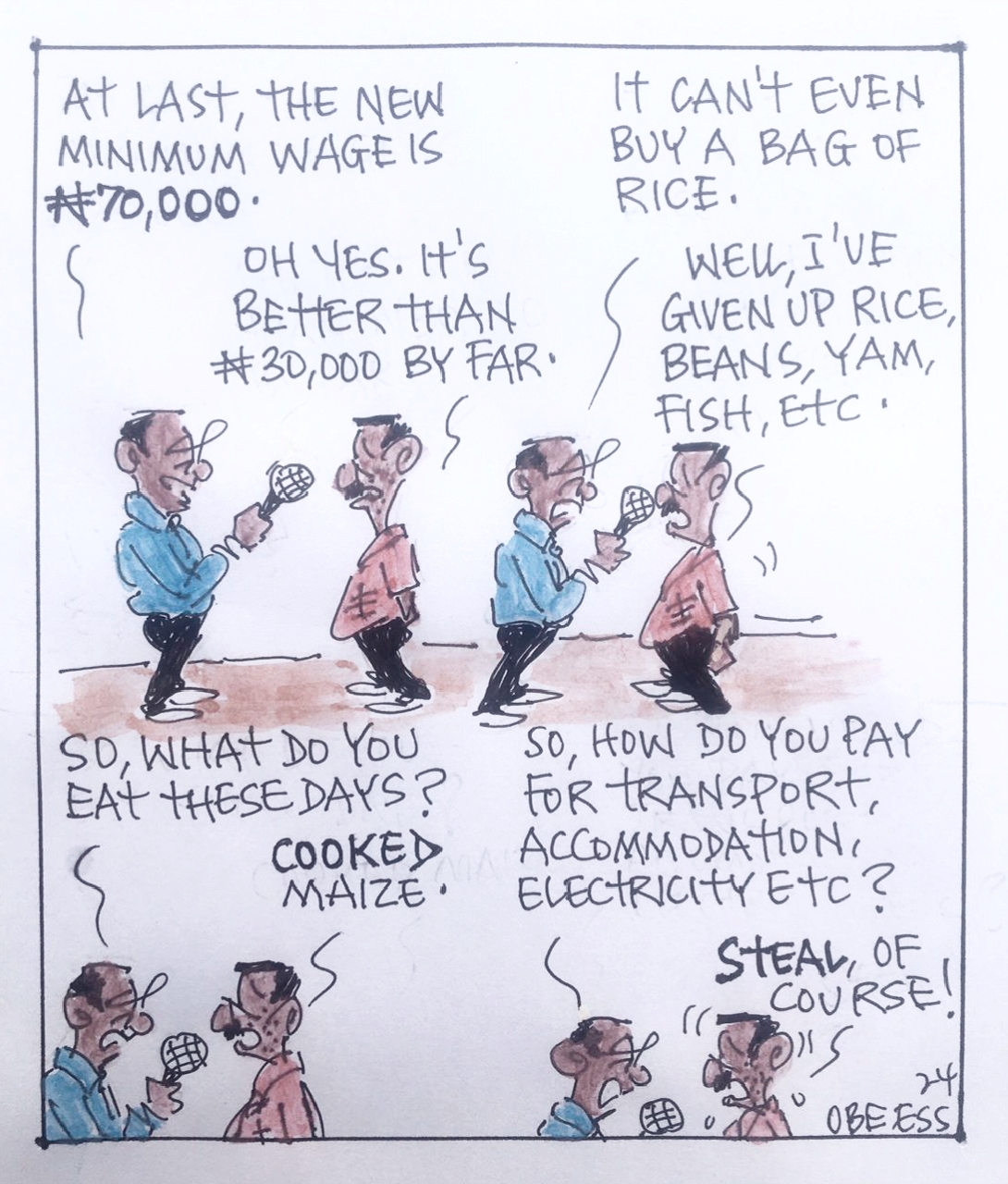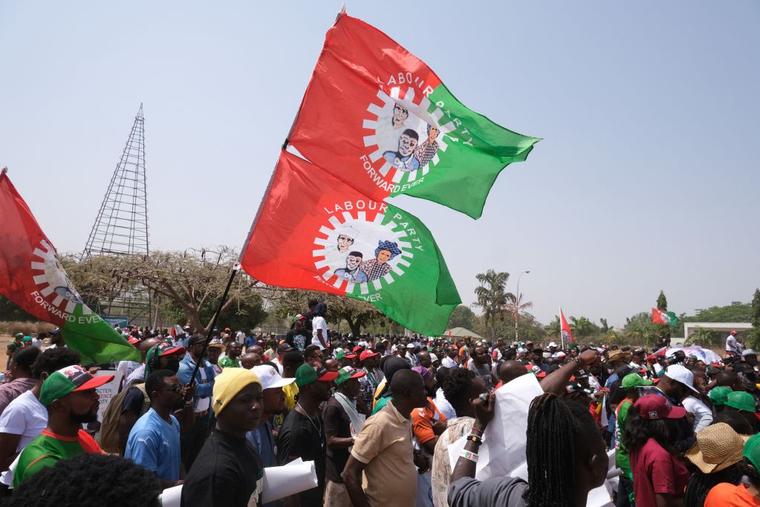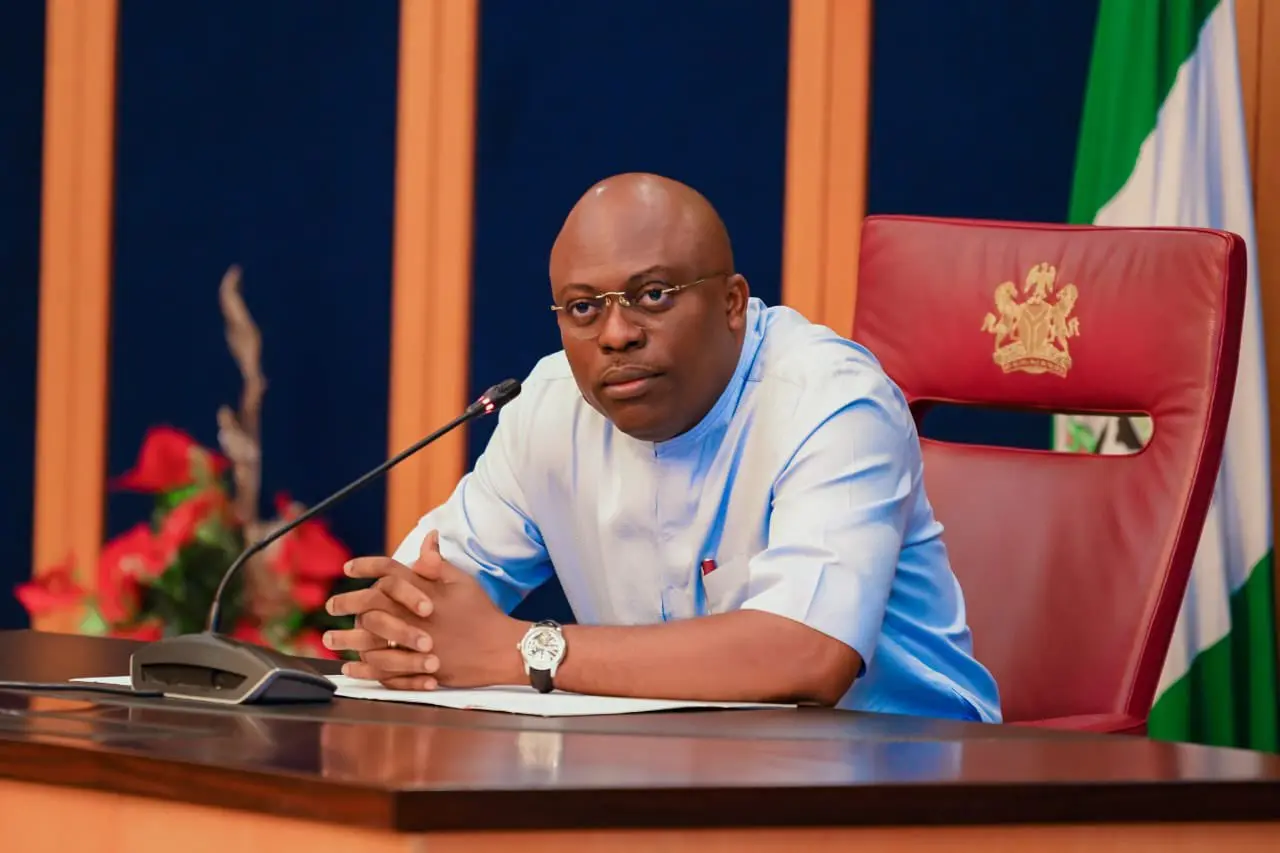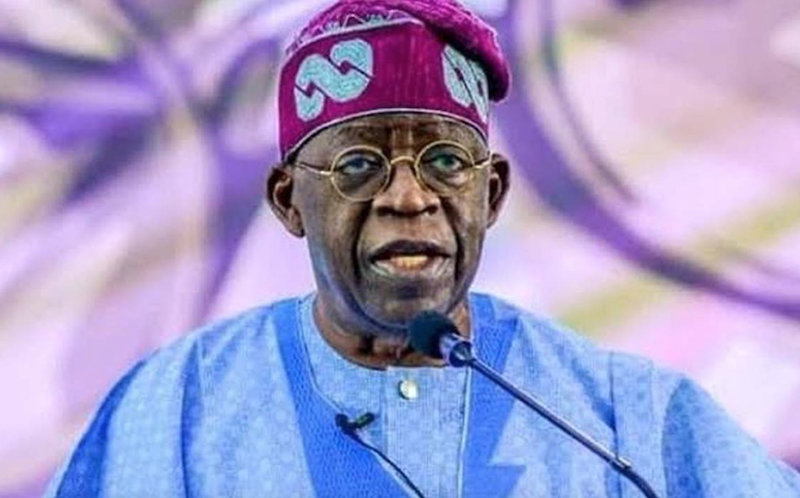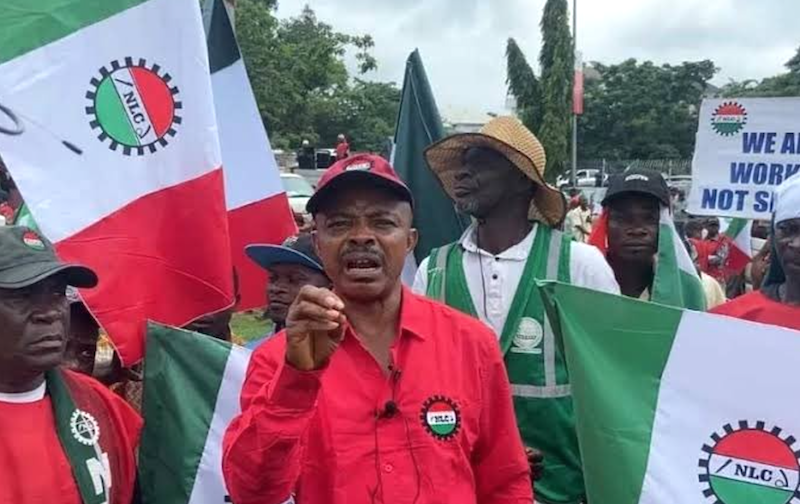Governors, so to say, are up in arms against a new National Minimum Wage, NMW. Individually and collectively, they have voiced opposition to the evolution of a new wage which may not be less than N60,000 as promised by President Bola Tinubu. While some have called for a confederate wage system, others have vowed not to pay the new salaries when passed by the National Assembly, NASS and signed by the President.
Former Minister and ex-Governor of Lagos State, His Excellency Babatunde Raji Fashola, affectionately called BRF, introduced a dramatic twist when he submitted that the NMW is illegal. The learned Senior Advocate of Nigeria posited that the NASS is empowered to legislate on wages, not salaries. This is a moot and academic case. It is what one of my late mentors, Tony Engurube would call “Academic masturbation”
But before examining the arguments of BRF, let us go to the current governors. The Southern Governors’ Forum said the ability of states to pay the new minimum wage should be considered. This is not just logical and commonsensical, but also traditional. This basically is why the NMW is a product of tripartite negotiations, not imposition.
In the current negotiations, the 36 state governors and governments are represented by six governors; those of Niger, Bauchi, Katsina, Anambra, Osun and Cross Rivers States. The presence of these governors in the negotiations is to represent the interests of their colleagues.
Except the governors think their representatives including former Central Bank Governor Chukwuma Soludo did not do a good job, they do not have any basis to protest after taking part in these quite lengthy negotiations. It is a given that unless the outcomes of negotiations are respected, confidence will be lost and industrial peace jeopardised.
The governors also demanded that “…the minimum wage should be reflective of the cost of living and that each state should be allowed to negotiate its minimum wage.”
In the first place, minimum wages are fundamentally, reflective of the cost of living. In fact, one of the most famous minimum wage reviews in Nigerian history, that of 1945 was called Cost Of Living Allowance, COLA. This is why submissions on a new minimum wage demand a breakdown which reflects the cost of living. If the governors did not do that at the negotiations, they have nobody to blame.
Their demand that each federating state should be free to negotiate new minimum wage with its workers rather than the country having a national minimum wage, is reflective of their knowledge of what a NMW is about. The NWM which is practiced worldwide, is not so much about each nation. Rather, it is an attempt at a universal minimum wage base below which no worker should be paid. So, it is not about the system of government; whether confederal, federal or unitary.
The contemporary concept of a NMW began on June 28, 1919 when the Versailles Peace Treaty ending the First World War was signed. It established the International Labour Organisation, ILO. The reason for this establishment, as reflected in the Preamble of the ILO Constitution is that: “conditions of labour exist involving such injustice, hardship and privation to large numbers of people as to produce unrest so great that the peace and harmony of the world are imperiled; and an improvement of those conditions is urgently required.”
To ensure this, the ILO established the the Minimum Wage which it defines as: “…the minimum amount of remuneration that an employer is required to pay wage earners for the work performed during a given period, which cannot be reduced by collective agreement or an individual contract.”
In other words, the NMW is the basic threshold, an irreducible minimum. It means that governments and the organised private sector can pay higher than the NMW, but not below it.
The ILO universal Minimum Wage Fixing Machinery Convention No 26, was passed in 1928.
The NMW in any country has multiplier effects as the wellbeing of families depend on it and, many economies are dependent on it. In Nigeria for example, except for Lagos and possibly, Rivers State, the economy of the states depend on the wellbeing of the public service, hence they are referred to as ‘Civil Servant States’.
The argument that not all states in the country are equally buoyant, is trite. The NMW is the base above which more buoyant states can pay. For instance while the 2000 NMW was N5,500, the Federal and states like Lagos and Akwa Ibom, paid N7,500. Today, with the NMW being N30,000, Edo State which was paying N40,000, has increased the minimum wage in the state to N70,000.
The ILO, which is the United Nations specialised arm for labour, prescribes that the minimum wage: “…is calculated for workers with piece rate pay, and if the minimum is an hourly and/or a monthly rate.” This makes phony, BRF’s arguments that our constitution permits legislation only on “…minimum wage…It does not talk about salaries.”
He claimed that “…the NASS may have acted unconstitutionally by legislating on a SALARY(monthly payment) when they only have power to legislate on WAGES, an hourly payment.”
What is today referred to as wages or salaries, is a product of the Industrial Revolution which began in 1760 with people paid income in exchange for selling their physical and mental labour. This was, and is still calibrated in hours and paid hourly, daily, weekly, bi-weekly and monthly. That is why workers clock in and work for specific hours. While some work for varied hours a day and are paid daily, others work for minimum hours daily and are paid monthly. In Nigeria, the minimum hours of work daily is 8 hours or 40 hours per week. But agreed payment is monthly.
In proven cases where the worker cannot finish the work in eight hours especially in the private sector, the employer pays for the extra hours. This is called overtime or OT. This, irrespective of work arrangements, is also calculated hourly.
By the way, the eight-hour work day is rooted in history. Employers used to exploit workers making them work 12-18 hours daily. So workers demanded that in the 24 hours that make a day, workers should have eight hours for sleep and rest, eight hours work and the balance eight hours for food, transportation, socials and family life. An international strike was called from May 1, 1886 to back this demand. It was the killing of labour leaders in the United States over this strike, that led to the institution of May 1 as International Workers Day or May Day.
I suggest governors should engage Labour Advisers to enable them grasp labour matters better and save the country avoidable industrial disputes.
